
Sole Purpose 26
Writing Your Personal Statement for Residency: Part II
Writing Your Personal Statement for Residency: Part II
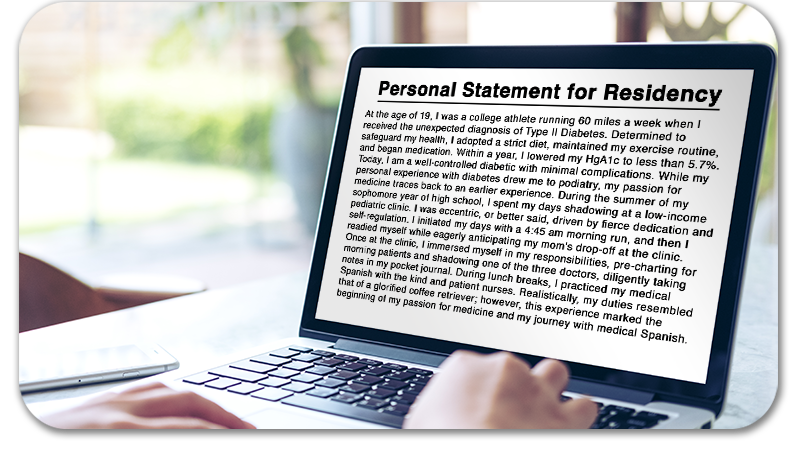
Today, we're continuing our series on the personal statement for residency applications. When writing my personal statement, I had difficulty finding examples of podiatry-specific residency applications. To combat this, I decided to share my application as an example of a personal statement. Before diving in, a few disclaimers: This personal statement is tailored to my experiences and what I aimed to convey to programs. It might be a bit lengthy compared to some, as I tend to be detailed and expressive, and I wanted programs to understand this aspect of my personality.
Pink Text: Purpose or me explaining why I included something.
I had a header:
Savannah Santiago
Western University of Health Sciences
At the age of 19, I was a college athlete running 60 miles a week when I received the unexpected diagnosis of Type II Diabetes. (This hook reveals a lot about me. During college, I was an athlete and experienced a significant medical diagnosis at a young age, despite being in peak physical condition. This diagnosis was particularly unusual as it is commonly associated with "poor" lifestyle choices, which wasn't the case for me given my rigorous athletic activities.) Determined to safeguard my health, I adopted a strict diet, maintained my exercise routine, and began medication. Within a year, I lowered my HgA1c to less than 5.7%. Today, I am a well-controlled diabetic with minimal complications. (I aimed to portray myself as someone who confronts challenges directly and possesses strong self-discipline.) While my personal experience with diabetes drew me to podiatry, my passion for medicine traces back to an earlier experience. During the summer of my sophomore year of high school, I spent my days shadowing at a low-income pediatric clinic. I was eccentric, or better said, driven by fierce dedication and self-regulation. I initiated my days with a 4:45 am morning run, and then I readied myself while eagerly anticipating my mom's drop-off at the clinic. (I aimed to demonstrate my longstanding passion for medicine, time management skills, and love for learning, even reflecting on how I held these traits at just 15 years old. I know this was questionably insane behavior at only 15.) Once at the clinic, I immersed myself in my responsibilities, pre-charting for morning patients and shadowing one of the three doctors, diligently taking notes in my pocket journal. During lunch breaks, I practiced my medical Spanish with the kind and patient nurses. Realistically, my duties resembled that of a glorified coffee retriever; however, this experience marked the beginning of my passion for medicine and my journey with medical Spanish.


Below is my favorite paragraph and it came up in numerous interviews during the social portion.
Growing up bilingual and having invested years in Spanish classes to refine my grammar, I have come to value effective patient communication in their preferred language. (I felt it was important to mention my passion for working with the Hispanic and underserved community as it holds significant value to me.) This led me to get my certification in medical Spanish. One of my most impactful patient encounters was with an ICU diabetic patient who spoke only Spanish and had experienced total hearing loss due to sudden ototoxicity. I took on the role of translator for her and her family. During rounds, I carried a whiteboard in my trusty yellow fanny pack. (I made sure to include my fanny pack, a quirky yet memorable accessory that I wore during every externship.) Using the whiteboard, I would handwrite translations, ensuring effective communication and addressing all the patient’s questions. Sadly, the patient eventually required a below-knee amputation to save her life—an aspect of our profession that carries mixed emotions. However, with the aid of the whiteboard, I knew she comprehended each step of her care and the collective efforts of her healthcare team. I was allowed to scrub into her surgery, actively participate, and provide a familiar face as she lay on the table and woke up from anesthesia. (I included a story that wasn't particularly joyful but showcased my deep commitment to patient care. It also highlighted a challenging aspect of our profession—amputations.) My role as a translator has shown me that effective communication transcends language barriers. It involves attentive listening, providing clear explanations, and ensuring patients understand their health conditions, treatment options, and any potential risks or benefits.


The paragraph below is about turning a negative into a positive.
My diagnosis of diabetes has given me the ability to connect with patients and my role as a translator has taught me the impact of communication. (connecting back to the other paragraphs and highlighting the strengths associated). Furthermore, my pre-clinical years in medical school have shown me the value of adaptability and resilience in the face of failure. The medical profession demands ongoing adaptation, learning, and self-challenge for optimal patient care. In my first semester of medical school, I initially faced academic challenges. I responded by reevaluating my methods, seeking help, and diligently refining my study techniques. I was open to trying new methods and worked diligently to refine my study techniques. I found a study method that worked best for me and continually adjusted it throughout the rest of my preclinical work. Rather than allowing this setback to define my medical career, I embraced the opportunity for growth and improvement. After my first semester struggle, I scored well enough to become a peer tutor for the remainder of the subjects throughout the preclinical phase and to come back and help teach as a 3rd and 4th year student. (This experience demonstrates my growth and ability to take on a leadership role, guiding and teaching others.) In medicine, patients are not textbook cases, and treating them, especially in surgery, requires continuous adaptation and innovation for optimal care (turned it into a positive and then showed its application in the OR). It also necessitates humility and a willingness to seek help, benefiting both patients and one's own journey as a lifelong learner and physician.


My relentless desire to seek new knowledge and improve each day began as a sophomore in high school. That determination remains ingrained in me, and I hope to preserve it indefinitely. I love podiatric medicine and cherish the way we serve our patients and the opportunity we have to improve their well-being. (I emphasized my passion for podiatry without dedicating an entire paragraph to persuading someone about why podiatry is my chosen field.) If chosen for your residency program, you would acquire an unwavering individual who greets each day with a smile and a well-organized to-do list, prepared to tackle any challenge head-on. I am committed to going above and beyond for my patients, delivering care with expertise (in both English and Spanish), along with genuine kindness, compassion, and the unwavering commitment to provide the level of care that our patients require and deserve in every interaction. I aimed to conclude by summarizing the kind of individual residency directors would encounter if they opted to grant me an interview and rank me highly. It's important to note that for programs where you didn't extern, the personal statement serves as one of the primary means for them to get acquainted with you before the interview.
Although it's a bit daunting to share my personal statement online, I hope this proves helpful. I'm cheering for all the fourth years applying this year! May your personal statements eloquently showcase your remarkable strengths. Best of luck to everyone!


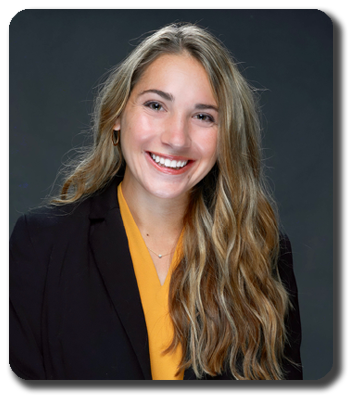
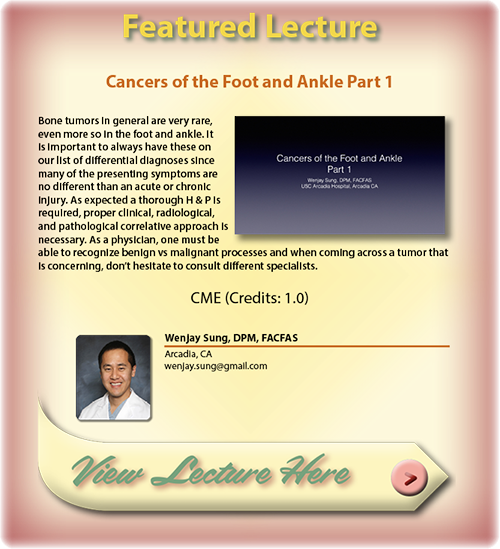



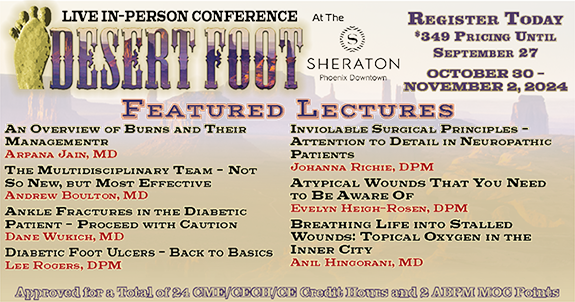
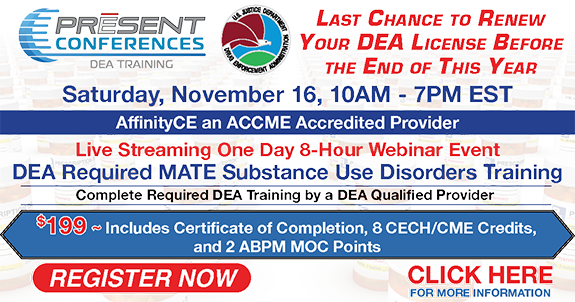





















Comments
There are 0 comments for this article